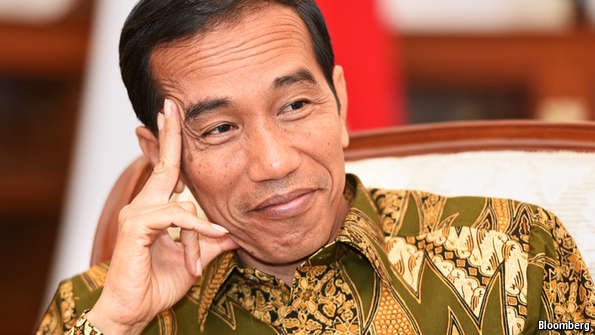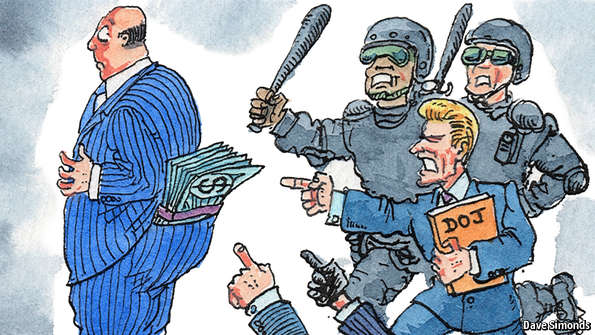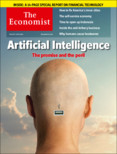|
|
| A
blind alley in Jakarta |
 |
Indonesia
is being held back by bad policy, as much as bad infrastructure. Joko Widodo,
Indonesia’s president, needs to ditch his economic nationalism
READ MORE » |
|
|
|
|
|
|
|
| The
bribery business |
 |
The
prosecution of big-business corruption cases takes an average of seven years and
can cost billions of dollars. Governments are right to take a hard line, but the
system has got out of hand
READ MORE » |
|
|
|
|
|
|
|
| The
rise of fintech |
 |
A
generation of startups, fuelled by venture capital and designed by geeks, is
taking on traditional finance—and changing it for the better. We analyse the
trend in a 14-page special report
READ MORE » |
|
|
|
|
|
|
Binyamin
Netanyahu just about met the deadline to form a new government in Israel, after
his victory in March’s election. The foreign minister, Avigdor Lieberman,
resigned and his group of six in the Knesset declined to join Mr Netanyahu’s new
coalition, which as a consequence will have a bloc of only 61 in the 120-seat
parliament
SEE ARTICLE »
MORE FROM: POLITICS THIS WEEK »
|
|
|
The
European Union outlined its strategy to create a digital single market. The
thrust of the proposals include establishing standard rules for buying goods
online, pruning cross-border regulations on telecoms and reducing the tax burden
on businesses. But the plan also calls for a “comprehensive assessment” of
whether Google, Facebook and other internet platforms distort competition.
Still, the strategy was broadly welcomed. The EU expects it will generate €415
billion ($468 billion) a year for the economy and produce 3.8m new jobs
SEE ARTICLE »
MORE FROM: BUSINESS THIS WEEK » |
|
|
|




